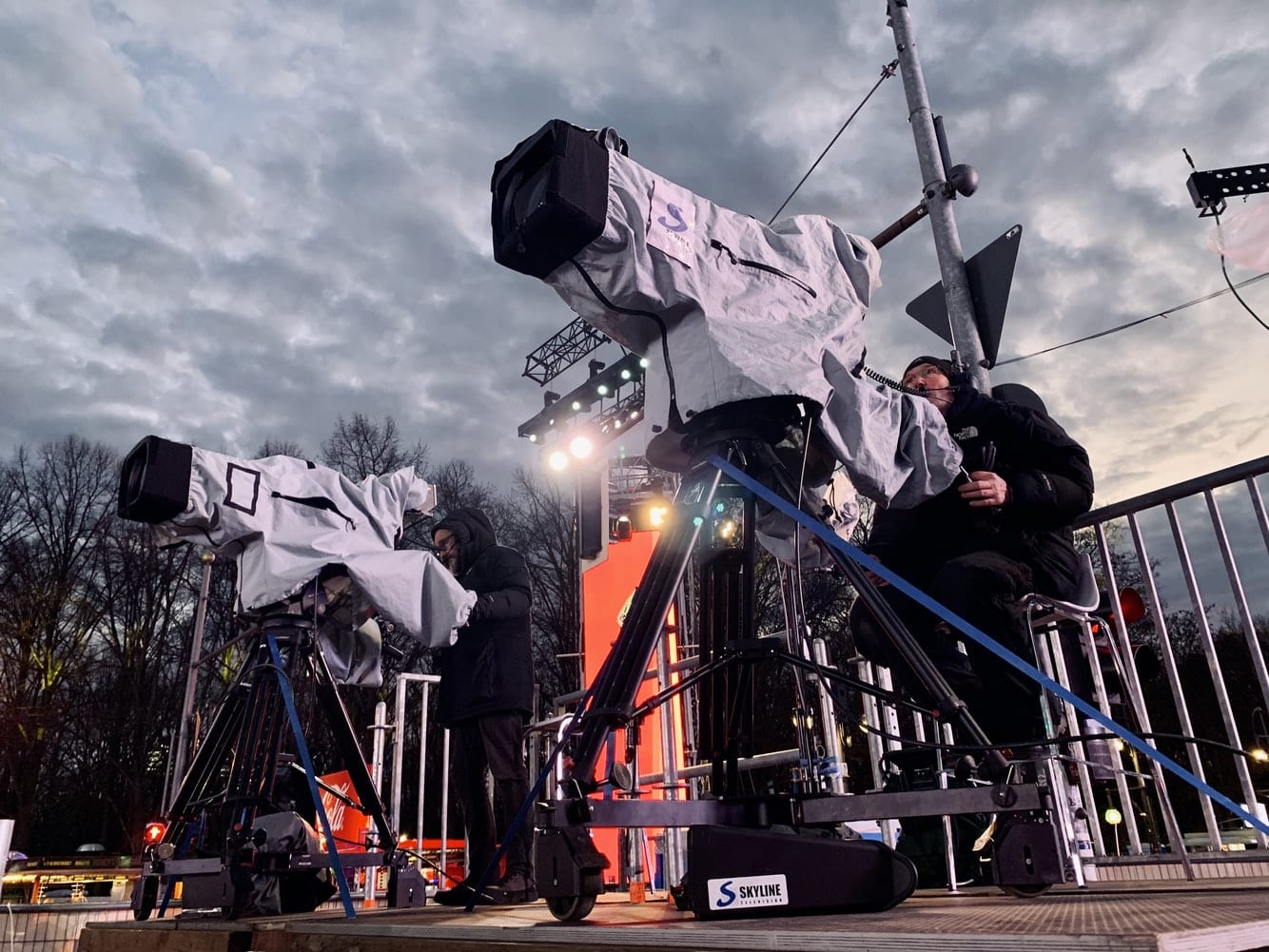Discover Innovative Methods in Event Productions for Memorable Experiences
Discover Innovative Methods in Event Productions for Memorable Experiences
Blog Article
Comprehending Exactly How Events Manufacturing Functions: A Comprehensive Review of the Refine
The intricacies of occasion manufacturing demand a systematic method that incorporates numerous phases, each playing an important role in the overall success of an event. Recognizing the nuances of budgeting, source allowance, and on-site management is crucial for any professional in this field.
First Preparation and Concept Growth
Efficient initial preparation and concept development serve as the foundation for successful occasions production. This phase involves defining the occasion's purpose, target audience, and wanted end results. A clear vision is important; it guides all subsequent choices and aids line up the team's initiatives toward a typical objective.
During this stage, conceptualizing sessions can be invaluable. Engaging stakeholders, including clients, enrollers, and potential participants, cultivates a collaborative setting that creates ingenious concepts. Furthermore, complete marketing research must be performed to comprehend patterns, choices, and prospective difficulties.
When the principle is established, it is important to produce an in-depth event summary. This rundown must include the occasion's theme, format, and vital tasks. Developing a timeline is just as essential, as it aids to manage target dates and tasks efficiently.
Budgeting and Resource Allotment
With a solid idea in place, interest needs to transform to budgeting and source allotment, which are crucial components in executing the occasion efficiently. A well-defined budget plan offers as a roadmap, outlining all anticipated expenses and offered resources - Event Productions.
Resource appropriation involves designating both human and financial resources to various tasks and parts of the event. Prioritization is key; important elements need to obtain appropriate funding while less critical elements might require a much more conservative technique. Furthermore, contingency planning is important-- alloting a part of the spending plan for unforeseen expenses can minimize monetary dangers.
Additionally, efficient communication among staff member regarding spending plan restrictions promotes cooperation and advancement. This promotes the accountable use resources and encourages creative remedies to remain within budget. Inevitably, a critical strategy to budgeting and source appropriation prepares for a successful occasion, enabling coordinators to concentrate on supplying a remarkable experience for guests while keeping financial integrity.
Logistics and Coordination
Browsing the complexities of logistics and sychronisation is essential for the seamless implementation of any event. This phase involves precise preparation and company to guarantee that all elements operate in harmony. Trick components include location choice, transportation plans, and the organizing of different tasks.
Reliable logistics begins with a detailed evaluation of the venue's constraints and capacities. This consists of recognizing the format, access factors, and available sources. As soon as the venue is validated, transport logistics must be developed, encompassing the activity of attendees, equipment, and products. Collaborating these components requires collaboration with vendors, distributors, and transportation services to make certain prompt deliveries and pick-ups.
Another vital aspect is the advancement of a detailed timeline that outlines all logistical aspects leading up to the occasion. This timeline functions as a roadmap, describing vital milestones and due dates for tasks such as tools arrangement, providing services, and audiovisual installations. Normal interaction with all stakeholders is vital to resolve any type of prospective issues proactively.
Execution and On-Site Administration
Successful implementation and on-site monitoring are vital for transforming thorough strategies right into reality during an event. This stage entails the seamless coordination of various aspects, making sure that every information lines up with the established vision. On-site supervisors play a critical role, serving as the main factor of communication among suppliers, personnel, and stakeholders. Their capacity to make real-time choices can significantly influence the event's success.
A distinct routine is important, working as a roadmap for all tasks. Event supervisors Going Here must ensure that setup takes place promptly, adhering to timelines for audio checks, catering shipments, and visitor arrivals. Efficient analytic skills are likewise essential; unforeseen obstacles can emerge, calling for quick reasoning and adaptability to maintain the event's flow.
Additionally, attention to visitor experience is critical. Keeping track of guest communications, making sure security protocols are complied with, and providing support personnel to resolve concerns cultivates a favorable atmosphere. This degree of engagement not only enhances the general experience but additionally mirrors the professionalism of the occasion team. Event Productions. Inevitably, effective execution and on-site monitoring joint on detailed preparation, effective interaction, and a commitment to providing a phenomenal occasion for all included.

Post-Event Evaluation and Feedback
The end result of any event exists not just in its execution but additionally in the complete examination that adheres to. Post-event analysis is necessary for determining the overall success of the occasion and recognizing locations for improvement. This process usually involves gathering comments from various stakeholders, consisting of attendees, vendors, and group members, to acquire a comprehensive viewpoint on their experiences.
To structure the analysis, event organizers frequently utilize surveys and meetings, concentrating on key performance indications such as guest contentment, logistical efficiency, and budget adherence. Analyzing this data enables planners to assess whether the occasion met its purposes and to comprehend the toughness and weaknesses of the execution.
By methodically attending to feedback and carrying out modifications, event professionals can enhance why not try this out their techniques, eventually leading to even more impactful and successful occasions. In conclusion, post-event analysis is an essential step in the event manufacturing procedure that ensures recurring development and excellence in future endeavors (Event Productions).
Final Thought

The intricacies of occasion manufacturing demand a systematic approach that integrates numerous stages, each playing an important role in the general success of an occasion.With a solid idea in area, interest needs to transform to budgeting and resource allocation, which are important parts in implementing the event effectively.Resource allotment involves assigning both human and monetary sources to different tasks and elements of the occasion. Eventually, a tactical approach to budgeting and source allotment lays the foundation for an effective occasion, making it possible for organizers to focus on supplying a remarkable experience for attendees my blog while preserving monetary stability.

Report this page